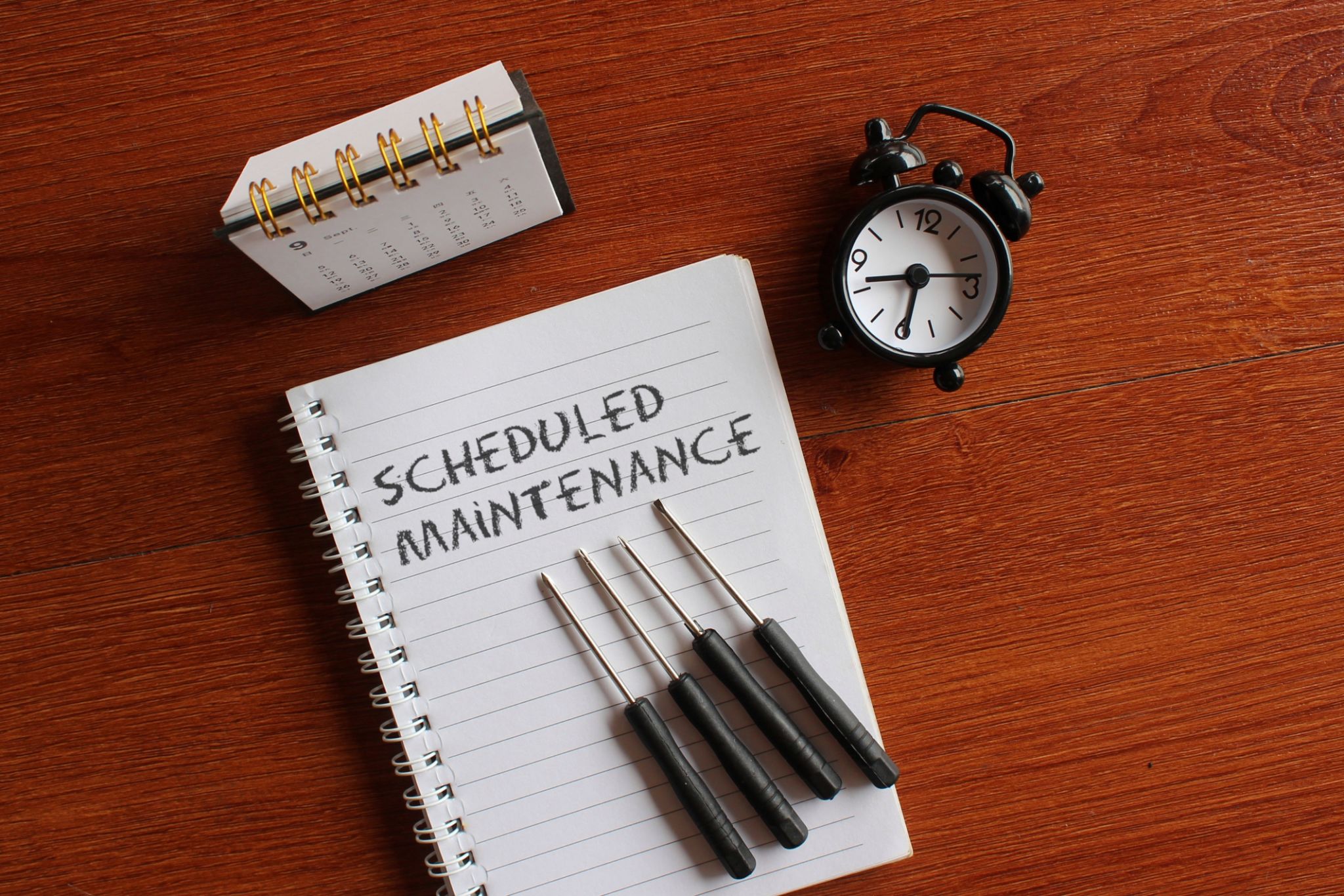Expert Tips: Maintenance Best Practices for Heavy Equipment Owners
Regular Inspection and Monitoring
For heavy equipment owners, regular inspection is the cornerstone of effective maintenance. Conducting routine checks allows you to identify potential issues before they become costly problems. Establish a schedule for inspections based on the manufacturer's guidelines and the specific demands of your equipment's working environment.

During inspections, pay special attention to critical components such as hydraulics, engines, and electrical systems. Look for signs of wear, leaks, or any irregularities. It is advisable to keep a detailed log of all inspections to track the health of your machinery over time.
Implementing a Preventive Maintenance Plan
A proactive approach to maintenance can significantly extend the lifespan of your equipment. Implement a preventive maintenance plan that includes regular servicing, lubrication, and replacement of worn parts. This strategy helps in minimizing unexpected breakdowns and downtime.
The plan should be customized based on the equipment type, usage frequency, and operating conditions. Collaborate with your team to ensure that everyone is aware of the maintenance schedule and responsibilities.

Training and Safety Protocols
Ensuring that operators and maintenance staff are well-trained is vital for both safety and efficient equipment maintenance. Provide comprehensive training sessions that cover operating procedures, safety protocols, and basic troubleshooting techniques.
Emphasize the importance of adhering to safety standards and using personal protective equipment (PPE) during maintenance tasks. A well-informed team can prevent mishaps and contribute to the longevity of your machinery.
Utilizing Technology and Innovations
Incorporating technology into your maintenance practices can lead to more efficient operations. Utilize diagnostic tools and software that offer real-time data about equipment performance. These technologies can help predict potential failures and optimize maintenance schedules.

Additionally, consider investing in automation solutions where applicable. Automated systems can handle routine tasks such as lubrication, freeing up your team to focus on more complex maintenance activities.
Maintaining Cleanliness and Organization
Keeping your heavy equipment clean is not just about aesthetics; it also plays a critical role in maintenance. Dirt and debris can cause blockages, increase wear, and even lead to component failure. Regular cleaning should be part of your maintenance routine.
Moreover, maintain an organized workspace with clearly labeled tools and parts. This organization minimizes delays during repairs and ensures that your team can work efficiently.
Conclusion: The Path to Longevity
By implementing these expert tips, heavy equipment owners can ensure their machinery remains in optimal condition and performs reliably over time. Regular inspections, preventive maintenance, proper training, and the use of technology are all integral to maximizing the lifespan of your equipment.

Remember, investing time and resources in maintenance today can save you from costly repairs and downtime in the future. Stay proactive, stay informed, and keep your heavy equipment running smoothly for years to come.
